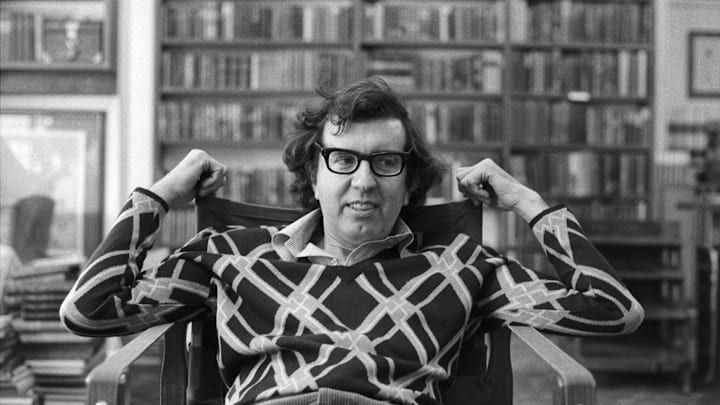In 1985, Larry McMurtry published arguably the most famous work of his illustrious career. ‘Lonesome Dove’ would win a Pulitzer Prize for McMurtry, spawn two prequels and a sequel, an incredible television mini-series, and three other mini-series centered around the characters in the original book.
McMurtry was no stranger to success. Many of his books made it to either the big or small screen. The movie Hud was based on his first novel ‘Horseman, Pass By.’ The brilliant film The Last Picture Show was based on the masterpiece novel of the same name. ‘Texasville,’ ‘Terms of Endearment,’ and ‘Evening Star’ all joined the Lonesome Dove series of books made into movies.
The television mini-series for this novel is an excellent page-to-screen effort, too. It is fueled by tremendous performances by Robert Duvall and Tommy Lee Jones, among others, but the novel is nearly unparalleled.
What makes 'Lonesome Dove' such an amzing novel?
While McMurtry fans may have their personal favorites, ‘Lonesome Dove’ may have been his most remarkable novel. As with many of his books, it is a Western. It begins in the late 1870s in the tiny fictional, titular town in southwest Texas. It focuses on the adventures of its two incredible lead characters, former Texas Rangers captains Augustus McRae and Woodrow Call.
The restless souls decide their tiny corner of the world is getting too civilized. They decide to build a herd of longhorn cattle and drive them north to Montana. On the cattle drive, they must overcome tragedy, violence, and personal growth before they reach their destination.
The two leads are complete opposites in personalities. Augustus, or Gus, is lazy, funny, and frivolous. Woodrow is stoic, hard-working, responsible, and introverted. Gus would rather spend his time playing cards in the local saloon with cowpokes and prostitutes, while Woodrow makes sure the well is dug properly and the livestock well-cared for.
At times, the two men hardly seem to like each other. They have spent all of their adult lives together, either as Rangers or as business partners. They surround themselves with a colorful collection of characters who served in the Rangers with them and some other oddballs they know.
If you are a fan of McMurtry, you will know he is a humorist, quite possibly the greatest humorist ever, challenged by only the iconic Mark Twain. Writing genuine humor is an incredibly rare and difficult skill, but McMurtry makes it look effortless. He can have tears in your eyes from laughter on one page and in tears because of tragedy two pages later.
‘Lonesome Dove’ is a story filled with glee and sadness, of loss and triumph, and every page is filled with loveable and, oftentimes, tragic figures. The humorous characters are intertwined with startling reality and unforeseen heartbreaking calamities. There is an underlying sadness in many of the characters that aren't always obvious due to the author’s skill with humor, but as the story unfolds, these people are laid bare, their souls opened up for the readers to see and understand.
This theme is repeated in nearly every one of McMurtry’s novels. From 'Lonesome Dove' to 'The Last Picture Show', from 'Anything for Billy' to 'Terms of Endearment', he can delicately balance the often exaggerated humor of his characters and their lives with the reality of those lives. He skillfully uses humor to highlight the humanism of everyday people. He was a brilliant writer whose works are well worth the time investment.
‘Lonesome Dove’ is ranked the 596th greatest book of all time by The Greatest Books. Considering all the books ever written, that is an impressive ranking, but in my humble opinion, it is way too low.
If you have never read ‘Lonesome Dove,’ do yourself a favor and add it to your list. You do not have to be a fan of Westerns to read this book. It is so much more than a Western; it is a look at the frailty of humanity. It is about joy and sadness, different kinds of love, and heroic bravery. There is something in it for everyone.
